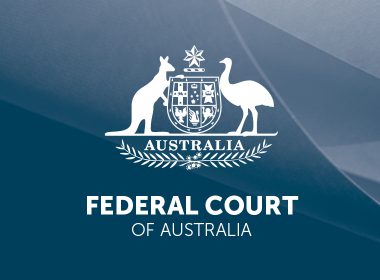Key decisions
- Minister for the Environment v Sharma [2022] FCAFC 35
- McMillan v Warner (Trustee) [2022] FCAFC 20
NEGLIGENCE
Proceeding on behalf of Australian children under 18 against the Minister for the Environment – threat of global warming and climate change – whether novel duty of care when exercising power under ss 130 and 133 of the Environment Protection and Biodiversity Conservation Act 1999 (Cth)
Minister for the Environment v Sharma [2022] FCAFC 35 (Allsop CJ, Beach and Wheelahan JJ)
In 2016, a coal company with a development consent for a coal mine near Gunnedah applied under s 68 of the Environment Protection and Biodiversity Conservation Act 1999 (Cth) (‘EPBC Act’) to the Minister to expand the existing approved project for coal mining. The extension of the mine would increase total coal extraction from the mine by 33 million tonnes (‘Mt’) which, when combusted, would produce 100 Mt of carbon dioxide. The coal was to be exported to and combusted in three countries, one of which was not a party to the Paris Agreement. Parties to the agreement committed to emission levels which, at the time, were anticipated to increase average global surface temperatures by less than 2°C.
The extension of the mine was considered a ‘controlled action’ under the EPBC Act. The Minister was required to assess the impact on water resources and listed threatened species when granting approval under ss 130(1) and 133 of the EPBC Act. The EBPC Act did not expressly require the Minister to consider the impact on global warming, greenhouse gas emissions or climate change. Such matters were required to be considered by the NSW Independent Planning Commission when providing its approval.
At first instance, eight (later, six) children brought representative proceedings on their own behalf and on behalf of other children under the age of 18 seeking a declaration that the Minister owed a duty of care not to cause them harm when granting approval to the extension of the mine. The harm said to be posed by the mine extension was personal injury or death which would occur towards the end of the century if greenhouse gas emissions were not contained. It was argued that avoidance of this harm was an implied mandatory consideration.


